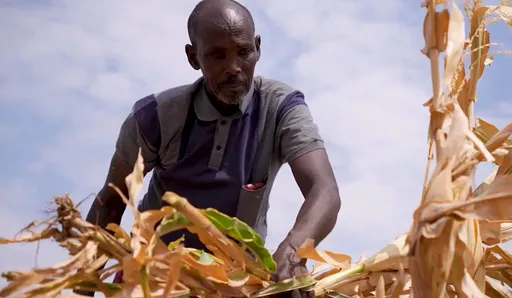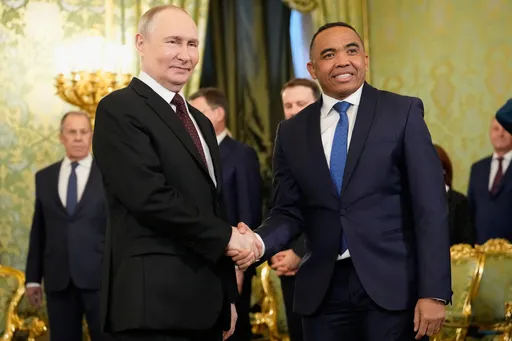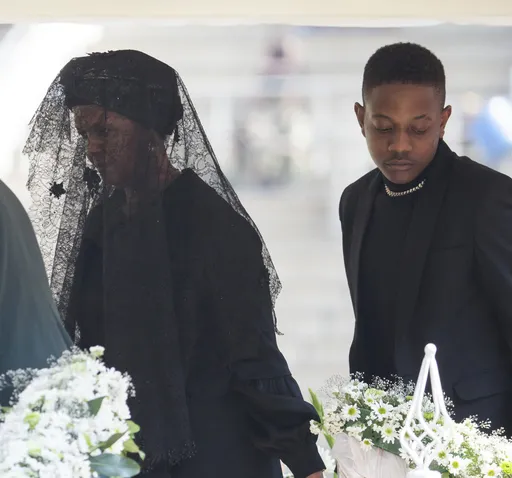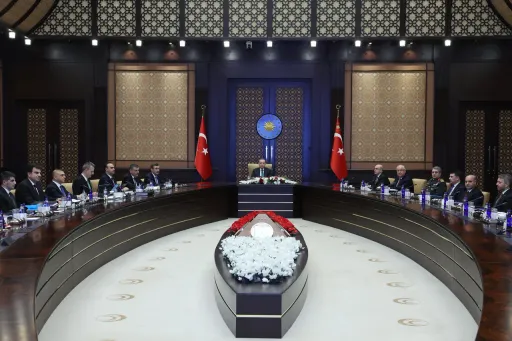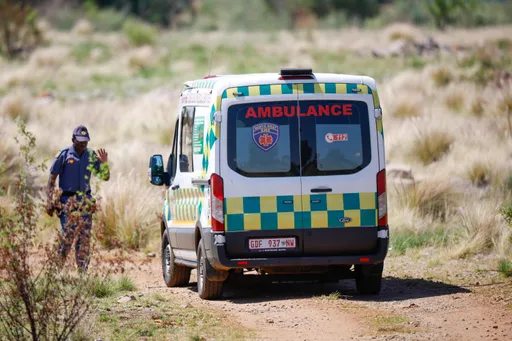Lieutenant-Colonel Paul-Henri Sandaogo Damiba only spent a little more than eight months as the head of Burkina Faso. He came to power through a coup against President Roch Marc Kabore on January 24, 2022, and was ejected from power on October 2 through a putsch perpetrated by Captain Ibrahim Traore.
Two coups in less than a year! Ten — mostly military — presidents in 62 years of independence! The least that can be said is that Burkina suffers from chronic political instability. How can this situation be understood?
The terrorist hydra and the flaws of the army
At first glance, one might be tempted to ask whether the same causes produce the same effects in Burkina Faso.
To justify his January 24, 2022, coup to overthrow Roch Marc Christian Kabore, who had been democratically re-elected for a final five-year term, Lieutenant Colonel Paul-Henri Sandaogo Damiba invoked the president's inability to stop attacks by jihadist groups from neighbouring Mali.
This is the same reason that was put forward by Captain Ibrahim Traore to justify his coup on October 2, 2022.
An argument refuted by the Burkinabe journalist and essayist Lamine Nourridine Konkobo, who, writing under the pseudonym Aquino d'Sassa, says that “Roch Marc Christian Kabore, the civilian president, deferred to the expertise of his army when it came to the execution of his strategy against terrorists.”
“The fact that this army — which failed in the frontlines against the terrorists — can suddenly consider itself the beholder of the solution when faced with the same terrorists by simply settling in the presidential palace originates a logic that makes me stutter. "
All things considered, many dysfunctions still handicap the efficiency of the Burkinabe army. Former President Marc Christian Kabore had expressly commissioned a report to understand the drama of Inata, where at least 50 soldiers were killed in a terrorist attack on November 14, 2021. The final report of this drama was supposed to highlight the dysfunctions of the army at the origin of many routs in the face of terrorists.
Unfortunately, the January 24 putsch buried a report that had been long awaited by the public and that could have been potentially embarrassing for the army.
Regardless, observers of the Burkinabe political microcosm underline "the lack of resources: aerial equipment and armoured vehicles in particular".
Furthermore, a Burkinabe journalist in Ouagadougou (who will be referred to as ‘Jules’ to protect his anonymity) noted that, "the army is divided into clans. The military leaders and the non-commissioned officers do not speak the same language. They really lack cohesion".
That said, it should be noted that the fall of former President Blaise Compaore, who was overthrown in 2014, deeply weakened and divided the country's defence system. "The country's security system was intended to protect the regime in order to preserve power. It was not intended to protect the people and the country," says Jules. This means that the army, which should embody a true republican spirit, seems to reflect the socio-political divisions that undermine the country…
Soft institutions at the service of individuals
''The constitution and laws count for nothing; corruption, hatred, and the lure of easy gains are quite prevailing in our societies,” notes Lamine Nourridine Konkobo. In Burkina Faso, there are at least three camps today: supporters of Compaore, supporters of ousted President Kabore's People's Movement for Progress, and those who think the putschists are messiahs. Each camp intimately wishes the worst on each other when it is someone else’s turn at Kosyam Palace. Insolence, arrogance and blind anger that fuel chaos are virtues today — Paul-Henri Damiba learned this the hard way.
The two "deadly sins" of Paul-Henri Damiba
The relative ease with which Paul-Henri Damiba seized power is thanks to his promise to contain the terrorist threat.
Influenced by the mentorship of certain politicians, he quickly steered away from this path. "We have seen him prioritise the reorganisation of the administration, the reconciliation of Burkinabe people," laments Jules.
“He locked himself in, refusing to listen to his comrades in arms as security became a concern. Damiba’s accession to power did not prevent the progression of terrorists. Jihadists now occupy 40 percent of the territory — towns like Nouna, Solenzo, and Goro have fallen into their hands."
This is a situation that has angered some soldiers like Captain Ibrahim Traore, who wanted to meet the head of state — in vain !
But above all, many Burkinabes — including those in the army — did not appreciate the reception granted to Blaise Compaore, the former president of Burkina, who was chased out by a popular uprising and has, since, been a refugee in Ivory Coast. He was given a life sentence on April 6, 2022, for his role in the assassination of Thomas Sankara on October 15, 1987, and many considered his visit as “de facto pardon," a "desecration of the memory of Sankara," and "a bonus of impunity".
Hence, this premonitory advice from the essayist Equiano d'Sassa to the former strongman of Burkina Faso: "Taking the path of forfeiture to the end is not an inevitability."
Turn the page…
Burkina Faso needs the support of ECOWAS to make its institutions strong; it needs the international community to make its army viable; and above all, it needs informed citizens.
"One cannot lead or develop a country by a series of coups d'etat: what is needed is a constitutional order respected by all, a republican army assigned to the task of protecting the territory and the institutions, and a workforce free from victimhood. Because after all, our situation is the reflection of a collective mentality requiring an evolution," concludes the essayist Equiano d'Sassa.









